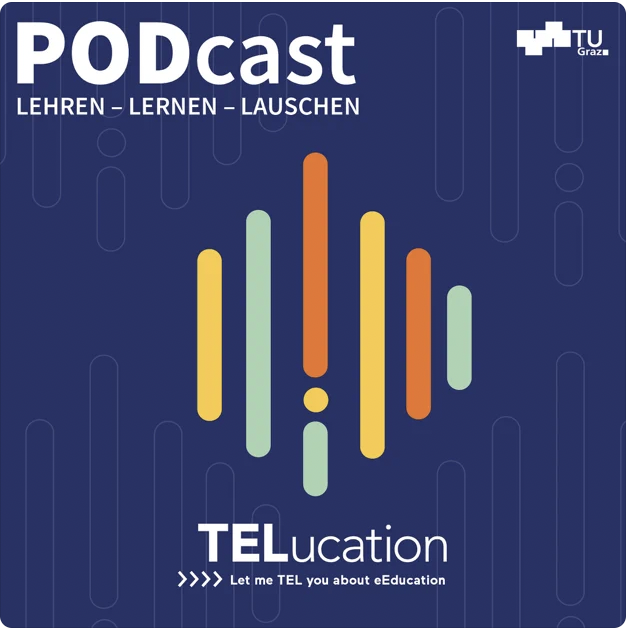Es freut uns, dass wir nun den zwölften Teil unserer Podcast-Serie „Lehren – Lernen – Lauschen“ auf der TELucation-Webseite zur Verfügung stellen können. Diesesmal spricht Jana Lasser über ihre Erfahrungen:
Jana Lasser (Institute of Interactive Systems and Data Science) spricht in diesem Podcast über die von ihr organisierte internationale Summer School, wo interdisziplinär sowie mit interaktiven, digitalen Tools gearbeitet wird. Außerdem gibt sie Einblicke in ihr Fachgebiet und das interuniversitäre Studium Computational Social Systems und verrät uns, wie sie ihre eigene Rolle zwischen Physik, Informatik und Politikwissenschaft definiert.
Und nicht übersehen – der Podcast ist auch in allen gängigen Portalen verfügbar:


